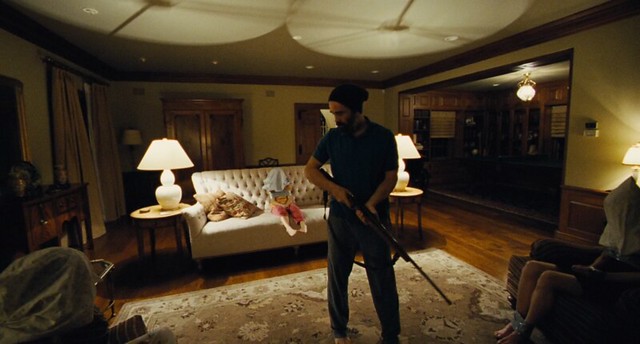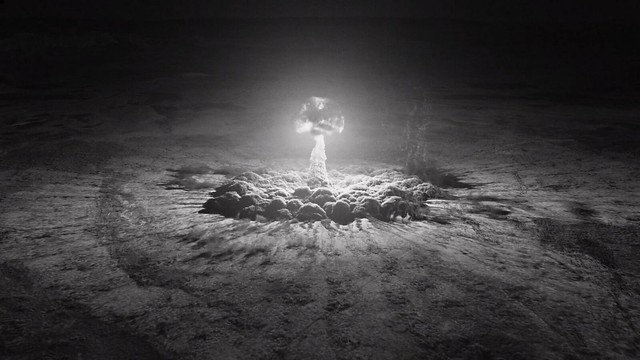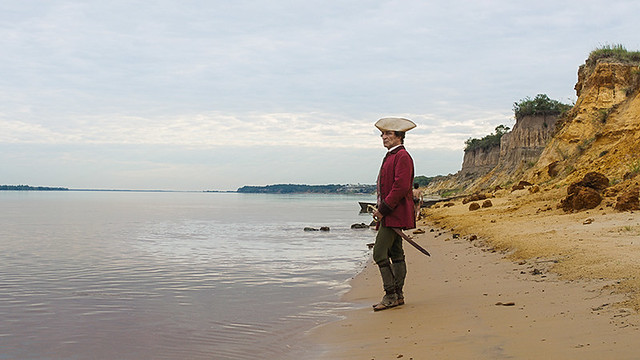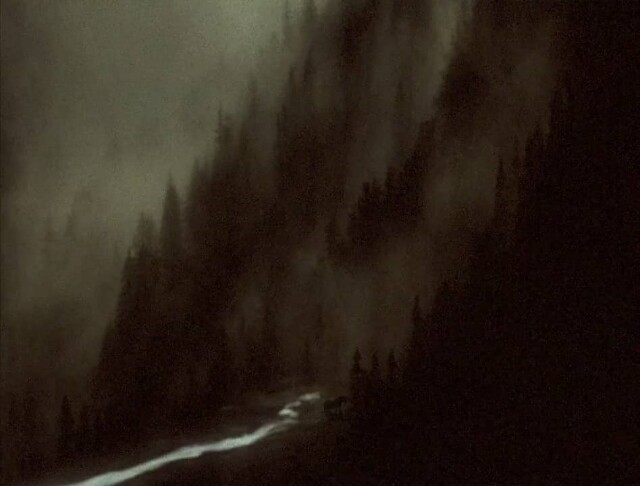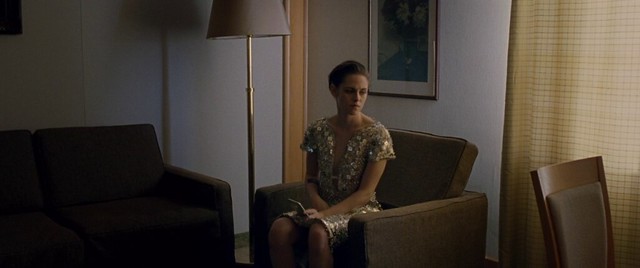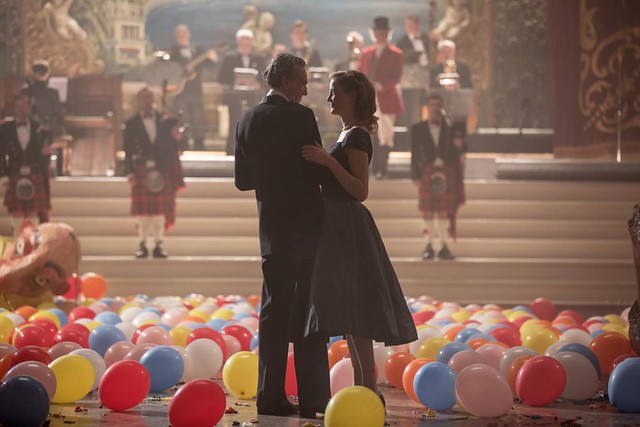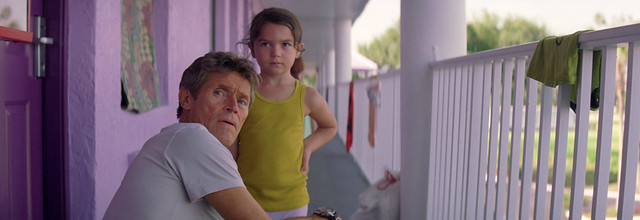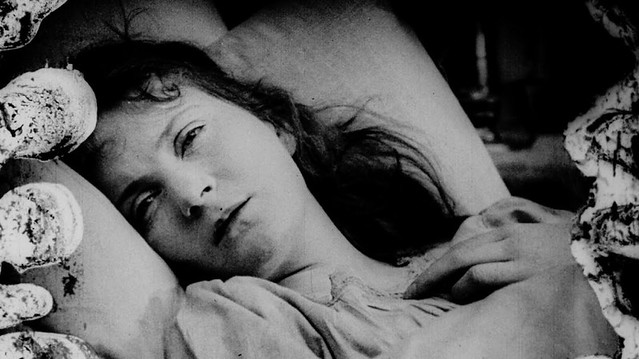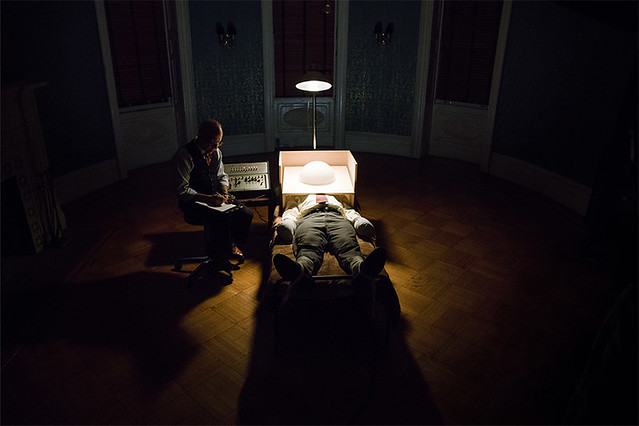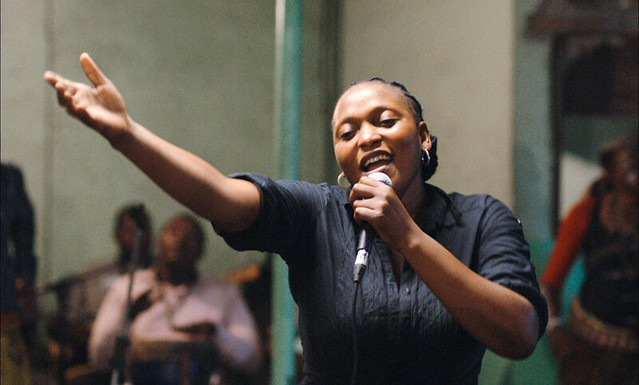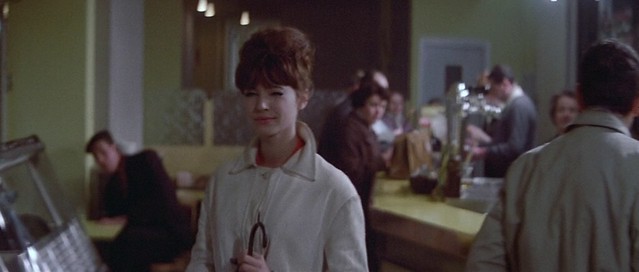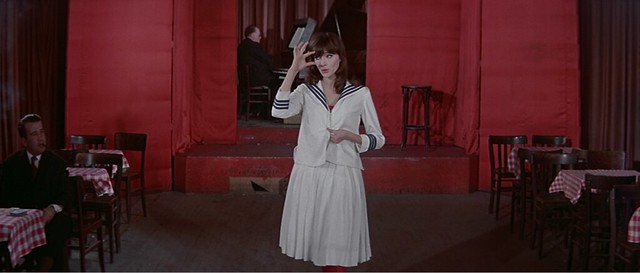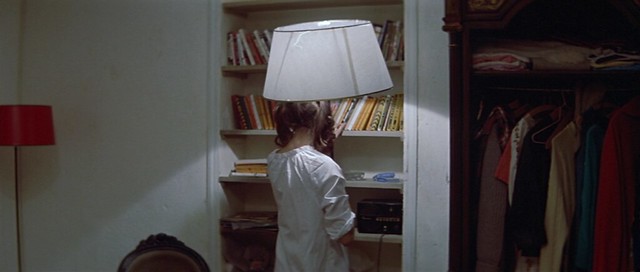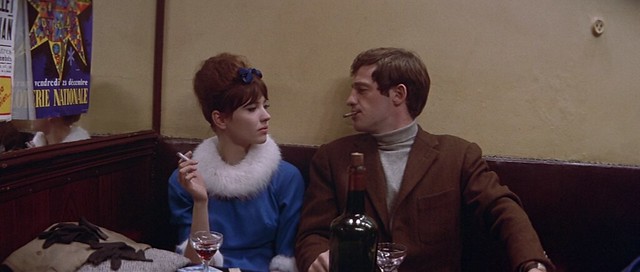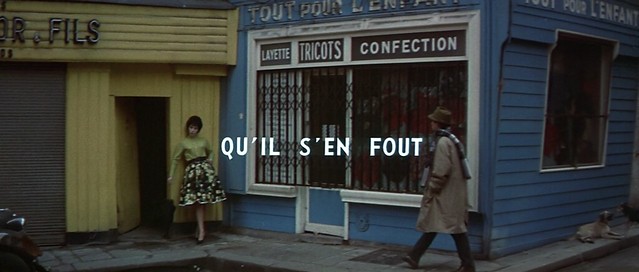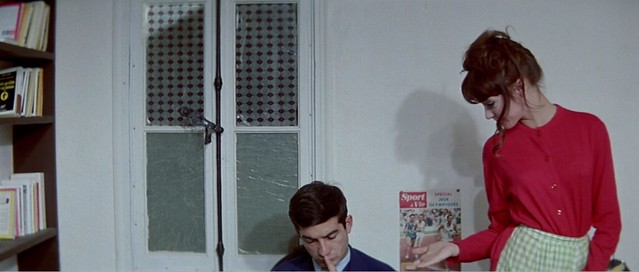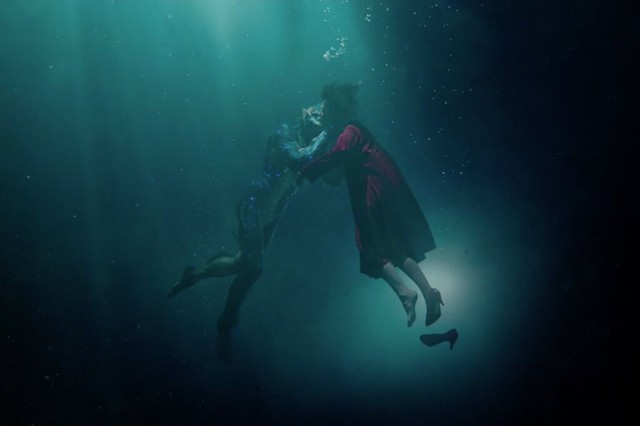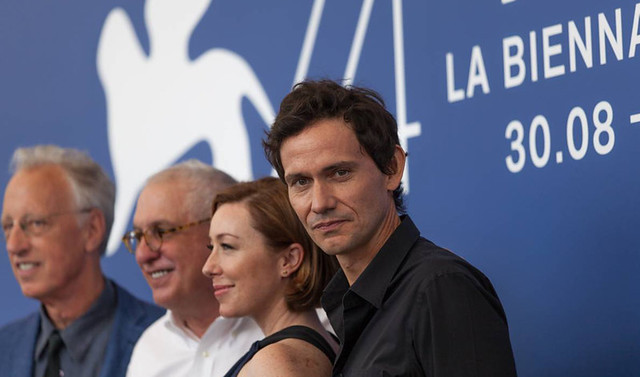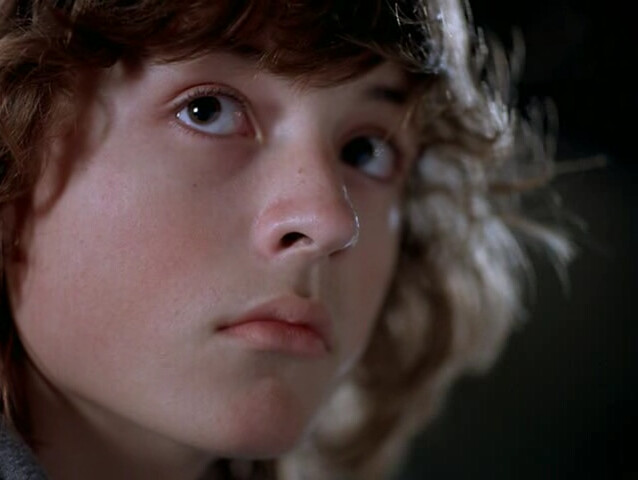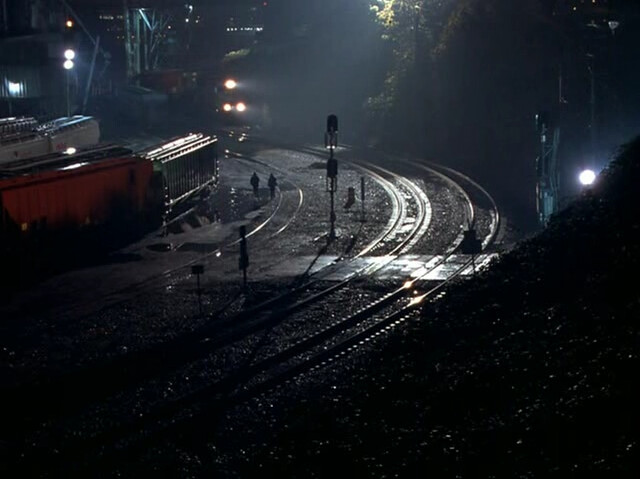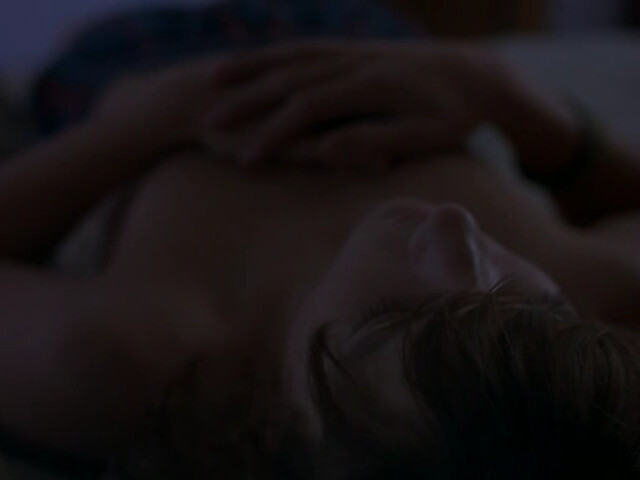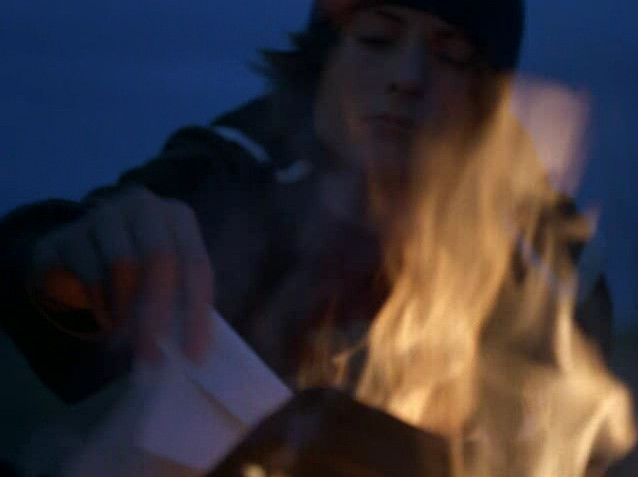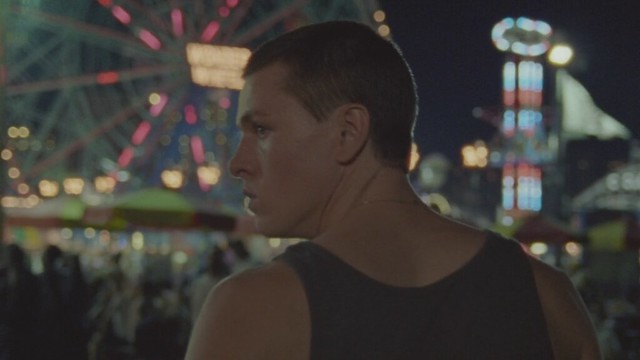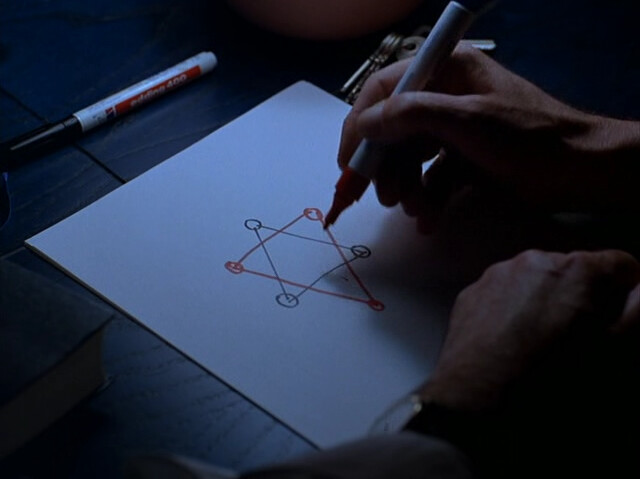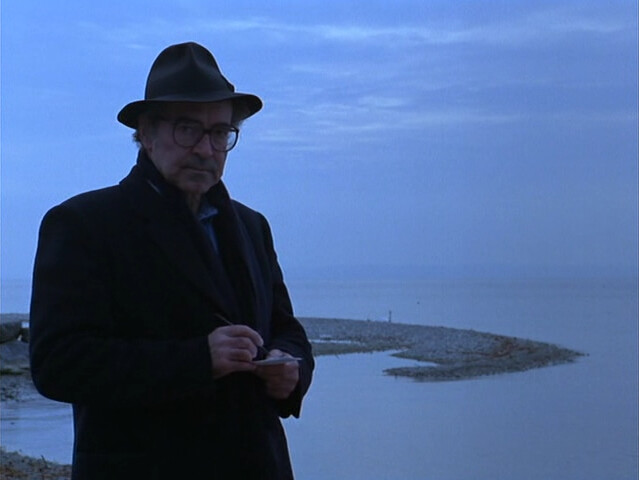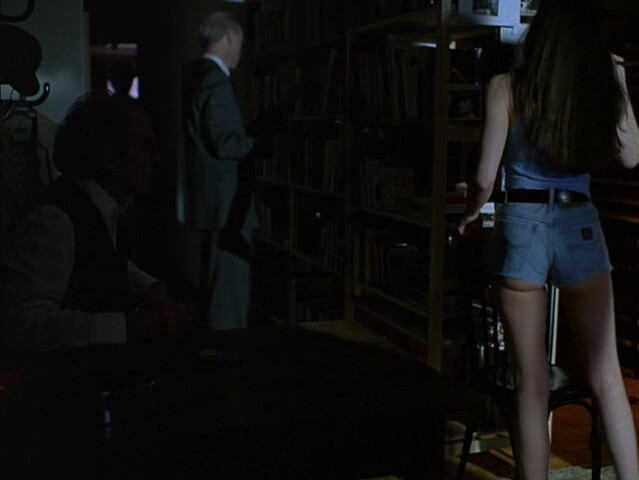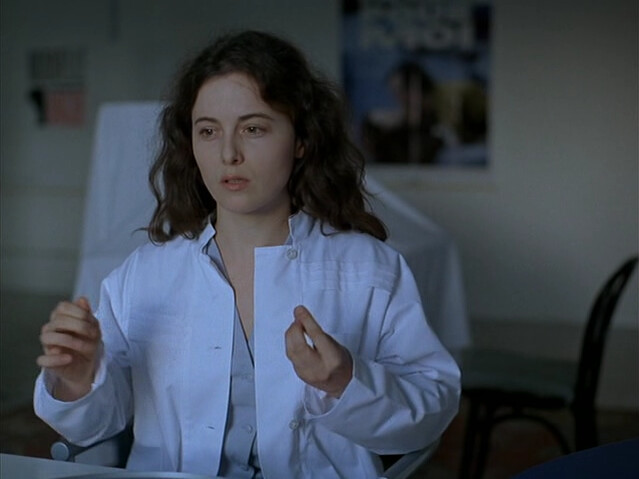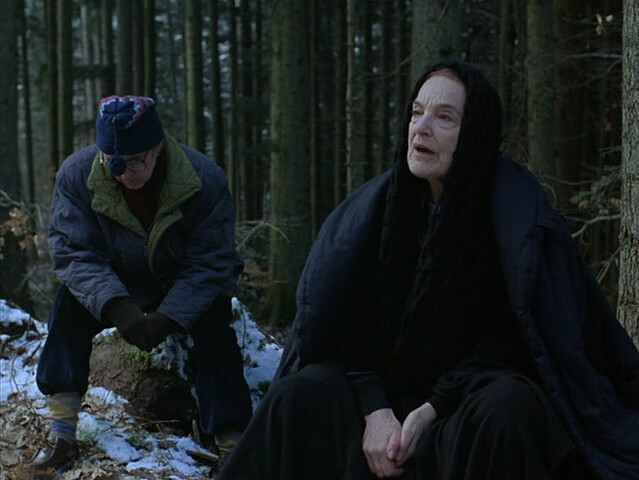Top 20 in order watched:
*Click on the titles for full reviews
0.5mm (2014) - Ando
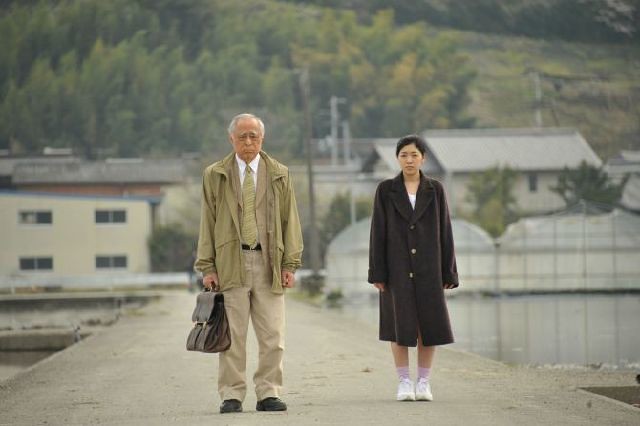
As far as writer/director goes, Momoko Ando is one of the few filmmakers that I do not mind indulging her long drawn-out, non-three act structured, almost meandering narratives. Her acute representation of current Japanese society is also emotionally affecting.
Ménilmontant (1926) - Kirsanoff
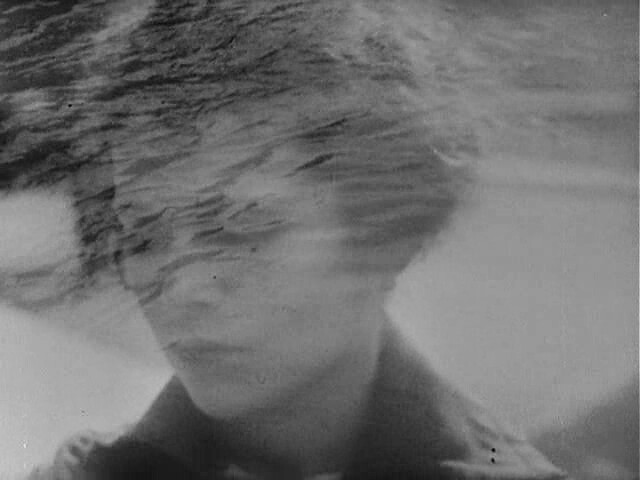
Lyrical, inventive and also violent silent film. Nadia Sibirskaïa is a sight to behold.
Passion of Anna (1969) - Bergman
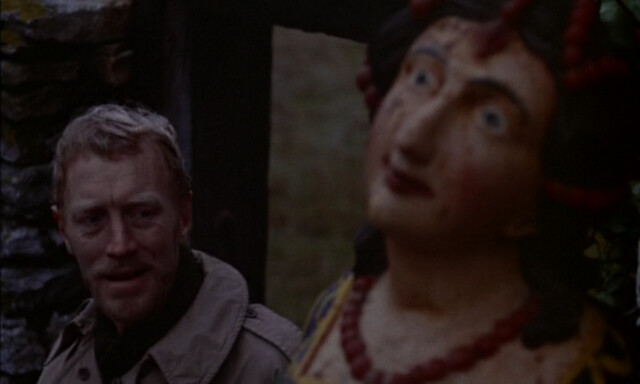
Perhaps the darkest and most depressing film of all Bergman's filmography. Deep, Dark, Sad.
Suzanne (2013) - Quillévéré
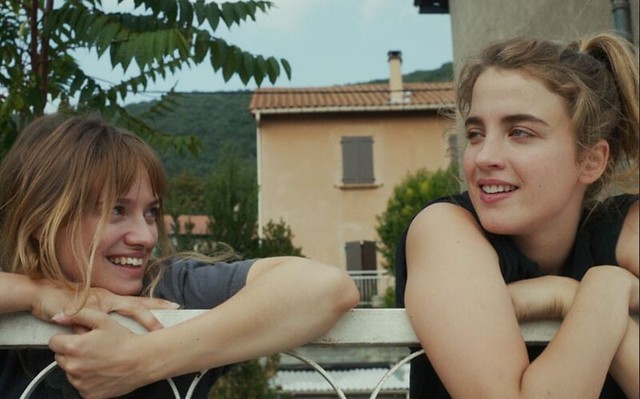
We only get the glimpse of Suzanne's life every 5 or so years, not in a calculated, 'the super hit medley of my life' but more fleeting, observing someone's life with a sense of melancholy. This way, Quillévéré eliminates a sense of that false expectation/manipulation that comes with moviemaking. We see excellent actors portraying beautiful characters and we share their regrets, loves and their sadnesses together. Suzanne is a massively affecting film, much more so than any of Dardenne Bros. films.
Montparnasse (2009) - Hers
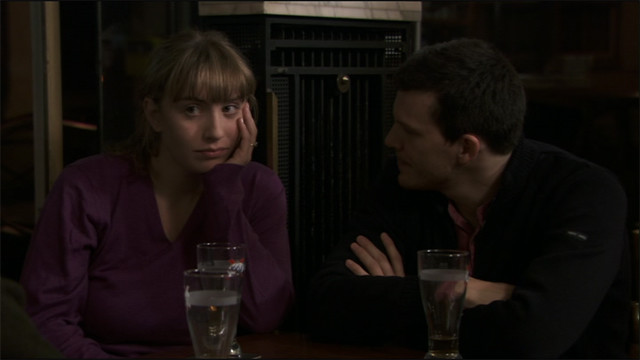
There is something genuinely beautiful about how Mikhaël Hers draws these human interactions: its downplayed characters- imperfect, shy, introverted- finding themselves somehow connecting together in whatever the circumstances. Its massively underlit interiors and exteriors can't undermine the human warmth emanating from the film. Watching Montparnasse gives you that euphoric feeling that you are not alone in this world, not from some misplaced sense of nostalgia but rather from the possibilities of real human connections with someone you already know or someone new. And that someone doesn't have to be striking looking or extremely clever or funny or well-educated. Even though most of the characters are twenty-something, there is no movie-ness about Montparnasse, just guilelessness and honesty, but fleeting enough not to get bogged down and becoming faux-serious docu-drama. The mood is just right, the music's great and the night is short. And after watching it, you can take that beautiful feeling with you to last at least all through the night.
Malina (1991) - Schroeter
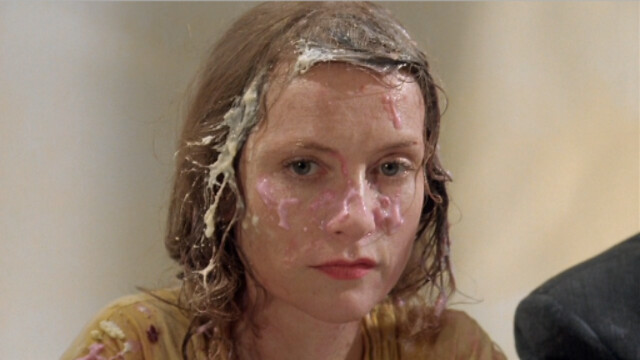
The film begins with a horrific nightmare of the writer. Her father throws her younger-self out the roof of the building. Her father is a recurring figure, sometimes seen in a Nazi uniform, reinforcing patriarchal post-war male dominant European society. Malina is a complex and crazy movie filled to the brim with symbolic images and close ups of Huppert's tearful face. Mirrors, reflecting our writer's state, is also prominently used. It goes completely bonkers in the last 30 minutes as things turn completely surreal, with part of the writer's apartment constantly on fire while Huppert pacing back and forth in her letter strewn flat as if everything is normal. Malina has a same emotional intensity as any Zulawski films and Huppert gives all to her blistering performance as a woman who desperately needs to validate her existence.
Terrorizers (1986) - Yang
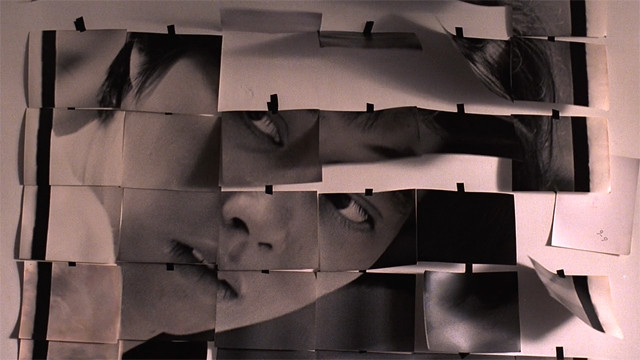
On paper it reads like a sordid crime film very much akin to what the author says in an interview after she won the first prize, that she was "inspired by Japanese crime novels". But Terrorizers is nothing but. Everyone is well equipped with back stories and their motivations, except for the wayward youth with no moral compass, suggesting that this girl, the catalyst for everything that happens in the film might be the work of fiction, that her appearance is what people are wishing for in their daily tedious lives.
With Haneke like double take at the end, the film puts an emphasis on the fiction overtaking reality overtaking fiction. Ambitious and seductive, Terrorizers beckons me to watch more of the Taiwanese master's films.
La niña santa (2004) - Martel
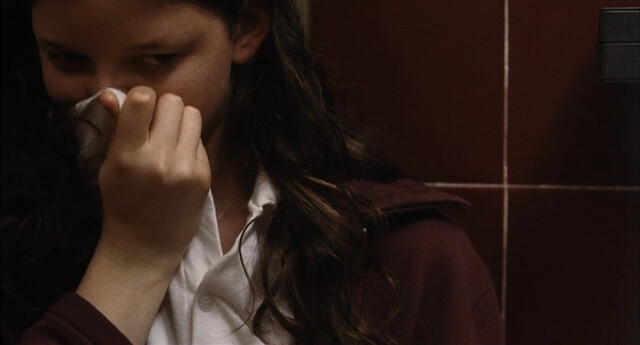
Martel proves to be the master of close-ups and shallow focuses. The details of the senses and small moments she captures on screen - touch, smell, whispers make up the film's superbly orchestrated, organic feel. All the connective tissues of the film are all spread out- the fact doctors are ear-nose-throat specialists - whispers and misheard information, smell, singing, but her approach is so subtle and fluid, you can't help but admire her skills. The Holy Girl is about Amalia as much as it isn't. The film's sordid details of the lives of middle class bourgeoisie can be seen as Almodovar-esque melodrama. But as in all Martel's films there is always a it's-barely-there-but-there satire. I can't really think of any director working today who works on Martel's level. The Holy Girl is a true cinematic feat!
L'uccello dalle piume di cristallo (1970) - Argento
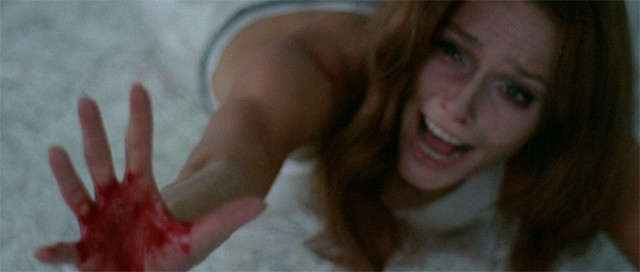
The use of architecture and art Bird with colors and framing, the Crystal Plumage is perhaps one of the most accomplished, stylish debut feature of all time. It contains all of the Dario Argento signature of his later classics and can still be counted as one of his very best. Renzi is appropriately freaky. A great giallo.
La Truite (1982) - Losey
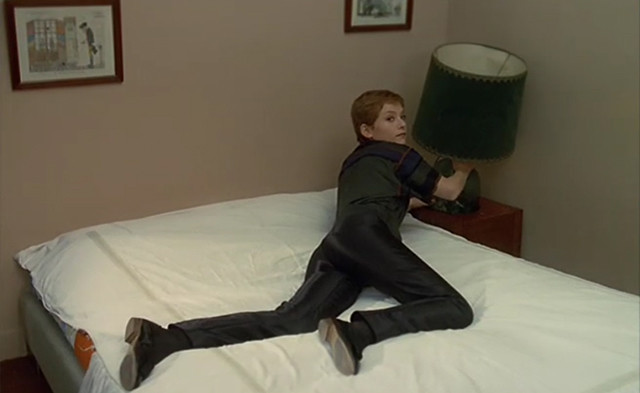
It's all Huppert though. Her mixed naivete and nonchalance makes a hell of a complex, beguiling character. She can be brutal in kicking old pervert's balls several times but also can be remorseful after throwing the man's stuffed trophies out the window and seeing him cry. Another strong film that demonstrates Huppert's talent and charm.
La Notte (1961) - Antonioni
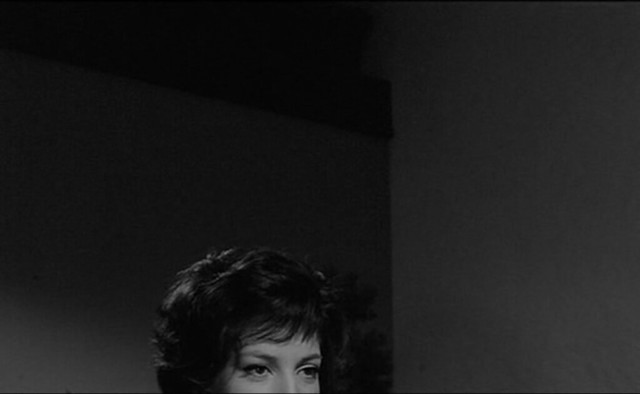
La Notte might not be the most cinematic films in Antonioni's oeuvre. But with older, knowing protagonists, it is a lot more impactful and sadder than L'eclisse. The last scene, as the unhappy couple trying to have sex in the field is perhaps the saddest movie ending ever. I think I am beginning to appreciate Michelangelo Antonioni's artistry more now that I'm older.
Le rayon vert (1986) - Rohmer
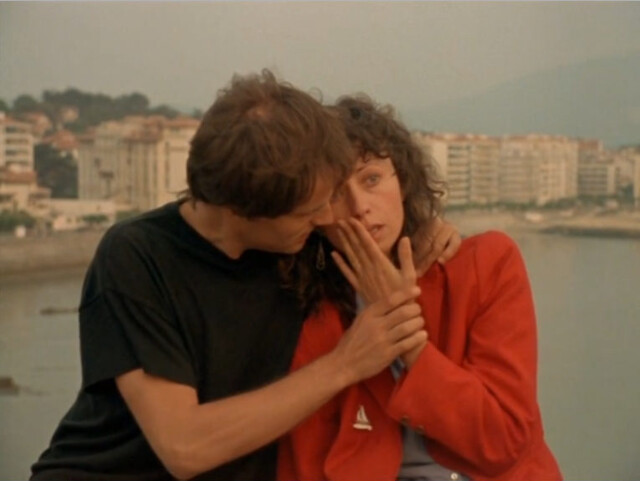
Dephine needs that rare occurrence in her life. That it is possible that there is somebody who is in the same wavelength as you. However rare meeting that person is, it could happen. Deeply humanistic and beautifully drawn, Le rayon vert is one of my new favorites of all time.
Bella e perduta (2015) - Marcello
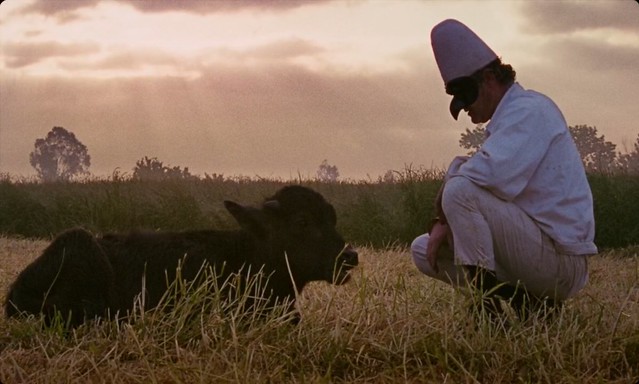
Shot on gloriously beautiful 16mm, the film is really something else. Marcello presents everything so gracefully, putting equal measure of importance on everything, whether it's the footage of ordinary people taking to the street against Mob violence or intensely blue-eyed Tommaso giving a silent tour inside the decrepit palace or a close up of an old farmer brushing her hair or picturesque pastoral countryside where Pulcinella and Sarchiapone take their long journey on foot.
Is human existence is all a dream of a buffalo calf? Lamenting the loss of the way of life, Lost and Beautiful is an immensely wise, melancholic look at what it means to be human. Beauty.
Malgre la nuit (2015) - Grandrieux
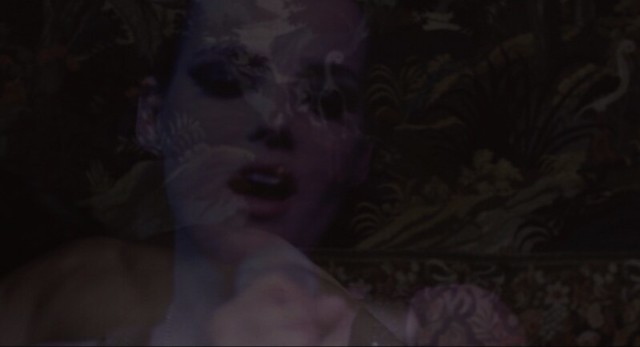
Seriously, Narrative is for pussies.
Toute une nuit (1982) - Chantal Akerman
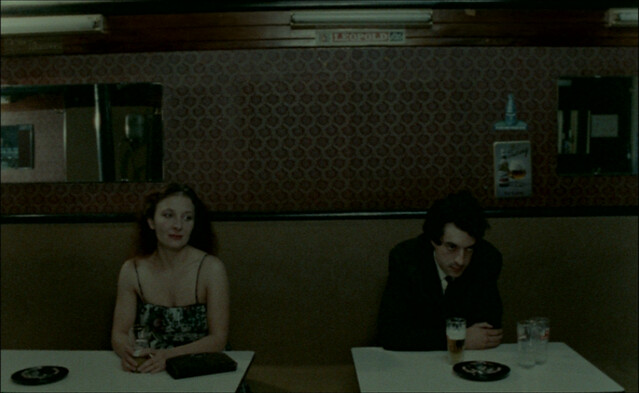
Night is a powerful equalizer - in the shadows, we can hide all our imperfections. In the shadows, night is also an enabler for those who act on their impulses. This is how I felt watching Toute une nuit. No one does loneliness like Akerman. She stitches together these lonely souls in short, almost silent segments as they sit in empty bars, cafes, rooms, balconies, corridors. They also run around, pack and leave, break up, and embrace each other and dance. There are so many embraces in Tout une nuit. They are not the happy ones. They are desperate, sad ones- holding each other tight, not able to let go and becoming sad dances.
Toute une nuit is a beautiful, melancholic piece that speaks to the lonely hearts everywhere.
L'Immortelle (1961) - Robbe-Grillet
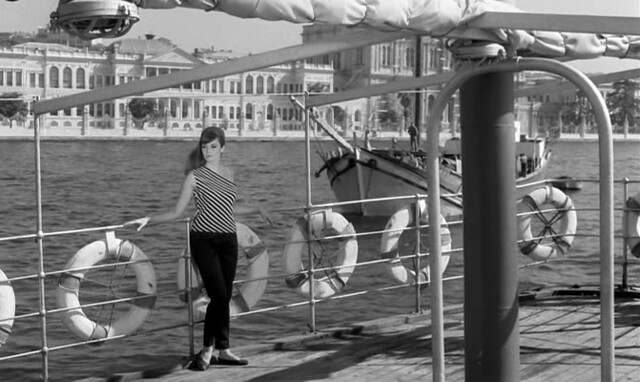
L'Immortelle is an intricate visual puzzle piece that's beautifully put together: repetition of images, still and panning shots and the accumulation of these give meanings in edits. Just like the palace in Marienbad (Schloss Schleissheim), Istanbul and its waterways serve as a magnificent backdrop. Brion, as the mystery personified. is magnetic. The elliptical narrative and the images give the feeling that time doesn't exist in the film. Your own memories are immortal for long as you live, the film tells us.
Yourself and Yours (2016) - Hong
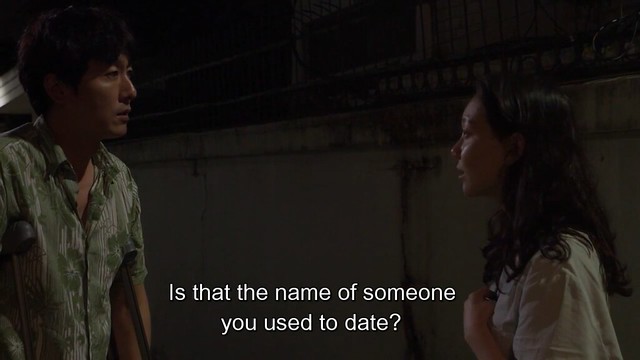
Yourself and Yours turns out to be perhaps the most poignant and romantic film of all the Hong's I've seen so far. Inebriated Minjung (Lee You-young) flirts with a film director she just met, over beer. When they meet, the director is convinced that he knows her from somewhere but she vehemently denies it. Over a short period of time before the encounter, she leaves Yongsoo and breaks up with an older man who also first thought she was Minjung but she tells him that she is her twin sister.
Just to be in the clear, Yourself and Yours is nothing like Buñuel's or Kieslowski's. Hong's interest is not in identity crisis or duality of men. His double takes and alternate scenarios may seem manipulative (also delicious) but the movie is more to do with accepting a person for who that person is, with blemishes and all that.
JLG JLG: autoportrait de décembre (1994) - Godard
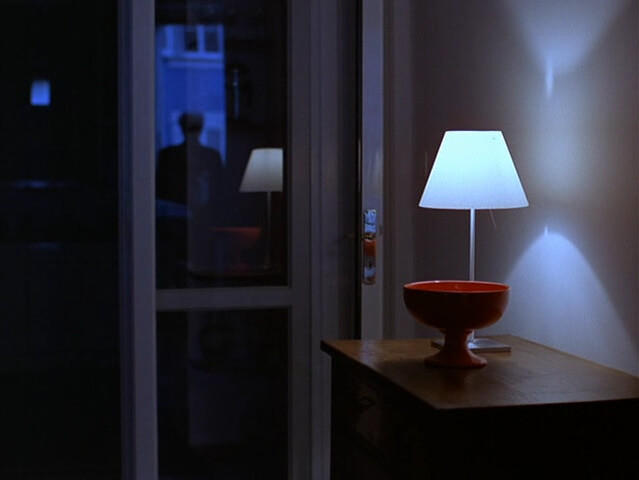
Godard's seemingly abstract connections through politics, history and art are not without fangs. Like light and darkness, there's two sides always competing, but what if there is only one side but the other is just an reflection of one's self? "JLG by JLG," he says at one point. It's only you who can truly represent yourself and on the same token, truly judge yourself. "I am legend." He declares on the pages of his note book- he is thoroughly aware of his past. The past is never dead. He's the director of Breathless and Pierrot le fou among others. But over the years, his persona (his name) has taken over a center stage rather than his films. How do you reconcile the two? He also has to live up to his name. With everything that was going wrong in the world at the time, speaks of love, as if there is a chance in the rotten world that gives us meaning to all of this. He will be remembered in art history. He is legend. He has been tirelessly exploring and in turn, elevated cinema as an art form.
Paranoid Park (2007) - Van Sant
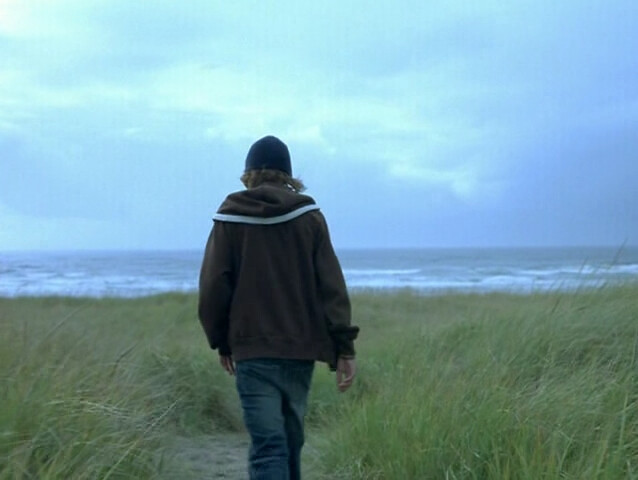
Paranoid Park isn't really about anything. Sure it deals with skater kids in High School setting and an accident where a railroad security guy gets killed. Gus Van Sant and DP Chris Doyle rather ringer on their angelic looking young subject with shallow focus and all. As Alex struggles a little with his guilty conscience, he gets a little help from a goth girl Macy. She suggests to write what's on his mind and take the weight off his chest. So he goes along with it, simply leading his teenage life. And it's a sublime experience.
Une femme est une femme (1961) - Godard
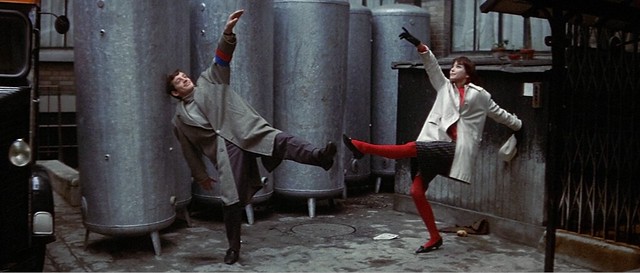
Playful and vibrant, Godard's take on musical after massive success of Breathless is a pure joy. It vastly relies on the charm of Anna Karina who ignites the cinemascope technicolor screen. Paris is never more beautiful as Karina, Belmondo and Brialy roam around Raoul Cotard lensed, busy city, mostly unaware of their filmmaking shenanigans. It's good to see Godard celebrating youth and youthful optimism about the cinema before his cynicism and grumpiness took over. It liberating it must've felt. So many great moments. So exuberant! So lovely.
